Barefoot in a Tent, Neighbors Trading Vows of Mideast Peace
July 10, 2012
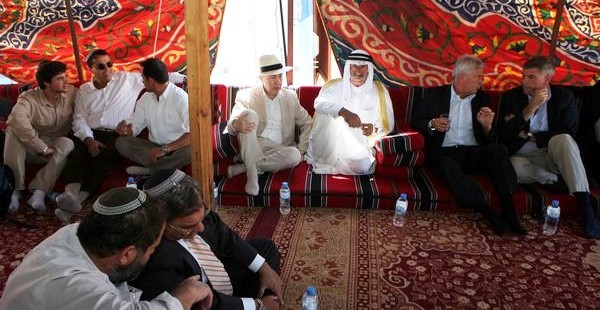
HEBRON, West Bank — Peace talks between Palestinians and Israelis resumed this week, in an elaborate tent off a dirt road south of this hotly disputed city where Abraham, the patriarch of both peoples, is believed to have buried his wife.
Representatives of Prime Minister Benjamin Netanyahu of Israel and President Mahmoud Abbas of the Palestinian Authority were not invited. Instead, the summit meeting on Thursday was hosted by Sheik Fared al-Jabari, the head of a huge clan claiming 35,000 members in Hebron and one million loyalists over all. And it was attended by right-wing Jewish settlers as well as several European Parliament members from conservative factions.
There were no maps traded back and forth, no treaties drafted. The contentious question of what to do about Jerusalem was never mentioned, and the refugee issue was only nodded at.
If Track I negotiations are between the political principals, and Track II diplomacy engages intellectuals in constructive dialogue, call this Track III: local leaders with no official authority, sitting shoeless on cushions in a light breeze, trading promises of peace among neighbors amid platters of grapes, pears, peaches and plums.
“After our experience with wars and terrorism on both sides, intifada, secret peace talks and public talks as well, we have not reached peace,” Sheik Jabari told his guests, as he alternated between fingering a strand of white beads and smoking many cigarettes. “We are not politicians. But we are going to help the politicians to make the vote easier. Because peace is far away if it doesn’t happen between the nations, between the peoples.”
Hebron, home to about 150,000 Palestinians and 900 Jews, has been practically the opposite of peaceful since Israel began occupying the West Bank in 1967. Its Cave of the Patriarchs was the site of a massacre in 1994 when Baruch Goldstein, a doctor from the large neighboring settlement of Kiryat Arba, killed 29 Muslims praying at the mosque. It was the only city excluded from the Oslo accords, and it was the subject of its own pact in 1997 separating the two communities and restricting their movements. Clashes continue, sometimes daily.
Sheik Jabari, 64, is one of the most outspoken critics of the Palestinian Authority but is respected on the streets of Hebron as the descendant of a dynasty that stretches back nearly a millennium. He said he began hosting Jewish settlers in his home in 2008, and last year he built the “peace tent” on a barren hill owned by his family to receive larger groups.
Surrounding him on Thursday were religious Jews with whom he has forged fragile friendships, including Rabbi Shlomo Riskin, an American who 30 years ago founded the settlement of Efrat, now one of the most established Jewish areas in the West Bank; Gershon Mesika, the mayor of the Shomron Regional Council; Noam Arnon, a spokesman for Jews in Hebron; and Nissim Zeev, a member of Parliament from the ultra-Orthodox Shas Party. Also attending was Yoram Ettinger, a former minister of Congressional affairs in the Israeli Embassy in Washington.
Theirs is not a two-state solution. Instead, they spoke about living side by side with Muslims in a land both claim as their own, under what authority other than God it was not entirely clear.
“The Bible says that the children of Isaac and the children of Ishmael will live together,” Rabbi Riskin said. “The dream has got to be our living together in peace. It cannot be represented by Palestinian leaders who still, at best, refuse to recognize the existence of the state of Israel.
“With people like Sheik Jabari,” he added, “there is a true possibility of peace on an immediate level.”
Mark Regev, a spokesman for Mr. Netanyahu, did not know about Thursday’s meeting but said that “the Israeli government favors people-to-people meetings.” Xavier Abu Eid, a spokesman for the Palestinian Authority’s negotiating team, was more critical, saying that any efforts not approved by Mr. Abbas “could not have any outcome when it comes to final negotiations.”
“There are many other more interesting stories of Israelis who come to work with Palestinian counterparts on issues of environment or water or economy — they are the real people building a two-state solution,” Mr. Abu Eid said. “A meeting between a tribal Palestinian leader and settlers, the only outcome will be to keep the status quo, plus allowing some particular people to take advantage.”
But Col. Guy Hazoot, the Israeli military’s commander in the region, said he met monthly with Sheik Jabari, whom he described as “a very special personality.”
“In many cases, by speaking with him, we succeeded to bring some peace in the area,” said Colonel Hazoot, who was invited Thursday but did not attend. “There is bad blood between the two leaderships in Israel and the Palestinian Authority. When there isn’t any confidence between them that they can speak to each other, there isn’t any chance for the peace process.”
The European politicians under the tent were David Lazar of Austria, Kent Ekeroth of Sweden and Filip Dewinter of Belgium, self-described right-wingers who had hosted Sheik Jabari in Brussels a month ago. All three expressed resentment over the large sums that the European Union and its member states provide to the Palestinian Authority, and they voiced hope for the sheik’s grass-roots effort.
“They don’t have real political power,” Mr. Dewinter said. “It’s still very theoretical, not practical, but that is the way they are doing things; they are Arabs.”
It was a strange scene, the sheik in his ankle-length white robes, smoking, the Jews in their knitted skullcaps and ritual fringes, the Europeans in sport coats. A man in a fez poured date juice from an urn on his back topped with a Palestinian flag. Horses neighed outside, and several Palestinian farmers peeked in through openings in the cloth walls, only to be shooed away.
As the session neared an end, some other sheiks from the area arrived for the next round. Later, the Europeans were to visit the Cave of the Patriarchs, which has long been divided into separate sections for Muslim and Jewish pilgrims.
When David Wilder, another Hebron settler leader, learned that the Europeans would be going with Sheik Jabari to the Muslim side, he urged them to call afterward for a tour of the Jewish side.
By: JODI RUDOREN http://www.nytimes.com/2012/07/07/world/middleeast/barefoot-in-a-tent-neighbors-trading-vows-of-mideast-peace.html
Similar posts
-
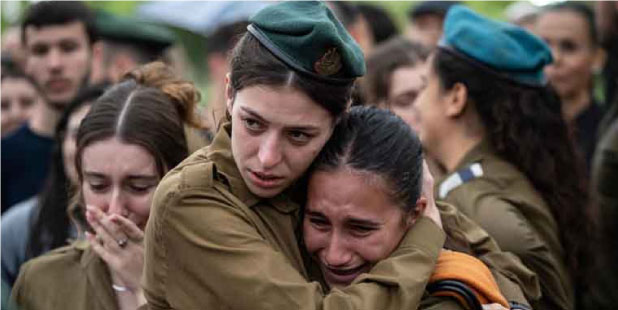
Israel Has The Most Moral Military In The World
April 10, 2024In the heart of a region often riddled with conflict, Israel stands out not only for its technologi...
-

The Resilience of the Israeli People
April 2, 2024Visitors from around the world have seen Hamas's October 7th Massacre's destruction in southern Isr...
-
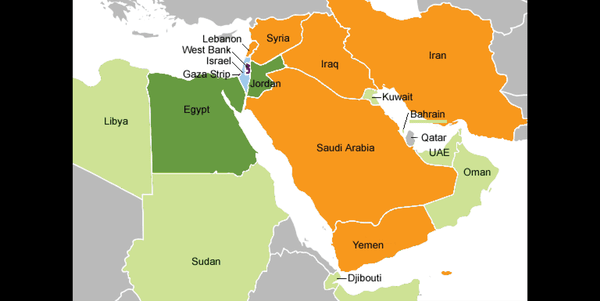
Israel: Small Size, Big Impact
March 21, 2024Nestled along the eastern edge of the Mediterranean Sea, Israel is a land of immense historical sig...
-
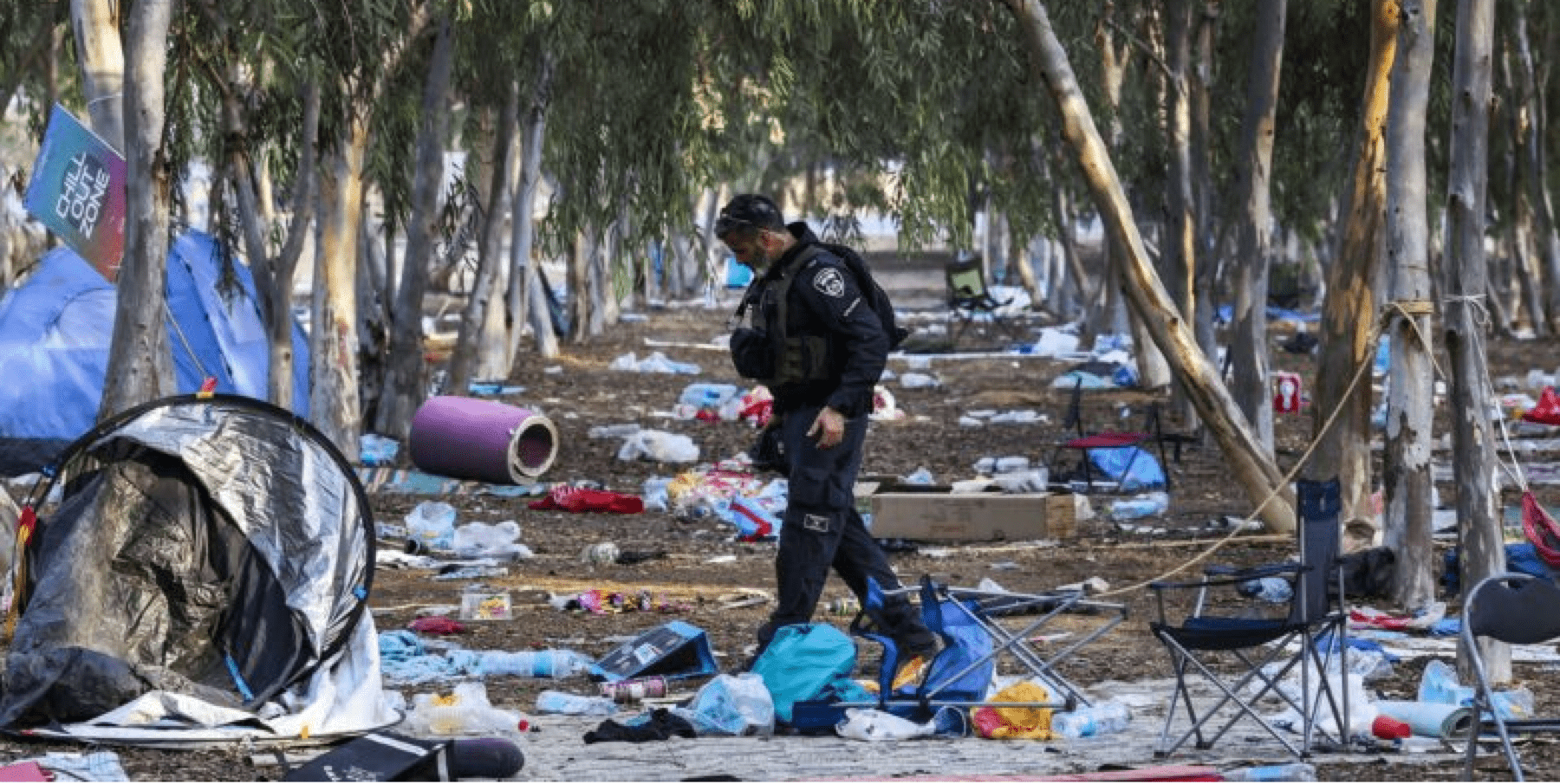
Israelis Are Fighting For Their Lives
February 21, 2024By Jonathan S. Tobin The world looks a lot different from Kibbutz Kfar Aza than it does in the U...
-
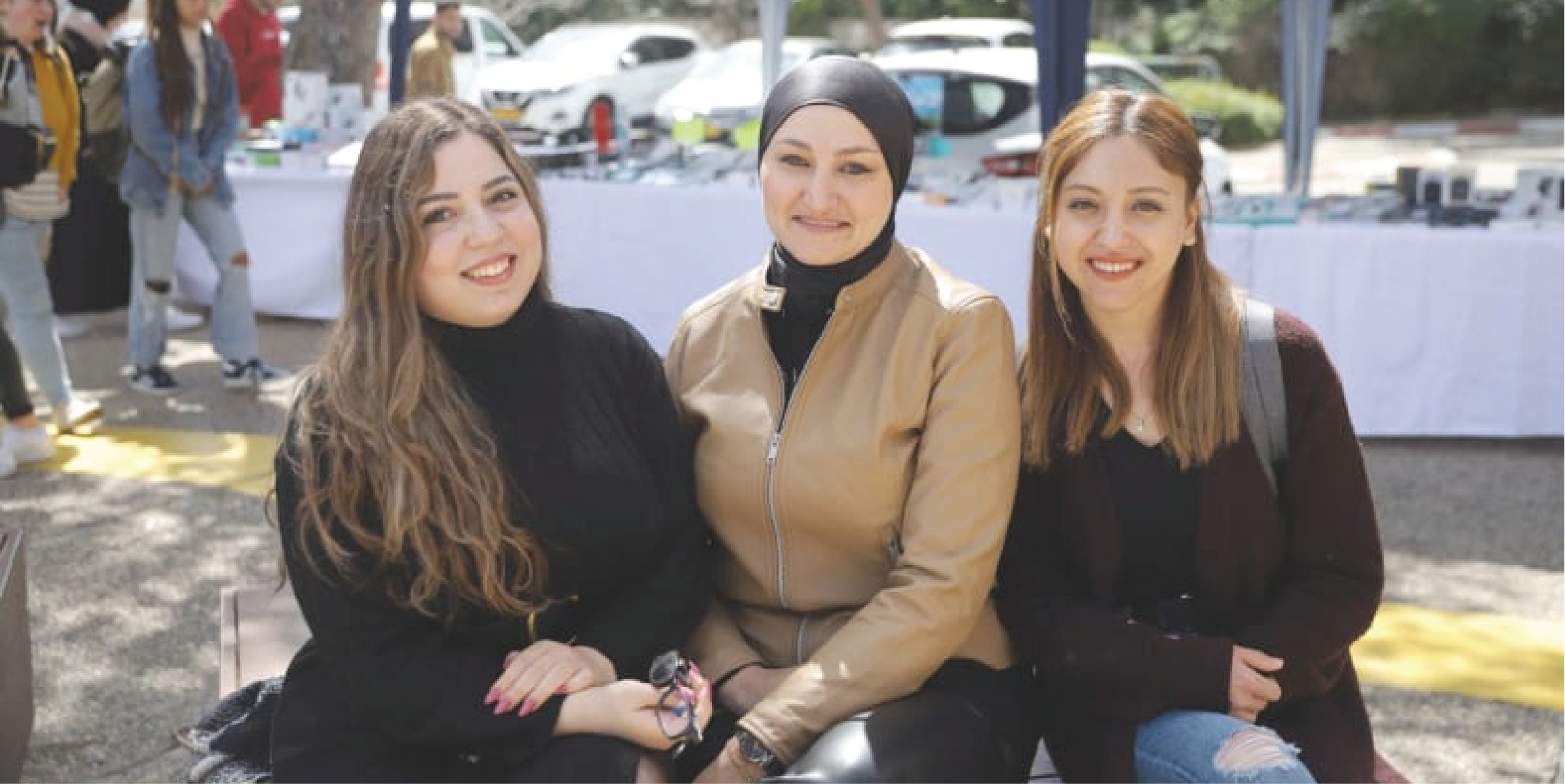
Over 2 Million Arabs Live In Israel
January 23, 2024In the complex landscape of the Middle East, where diverse cultures and identities intersect, Israe...
-
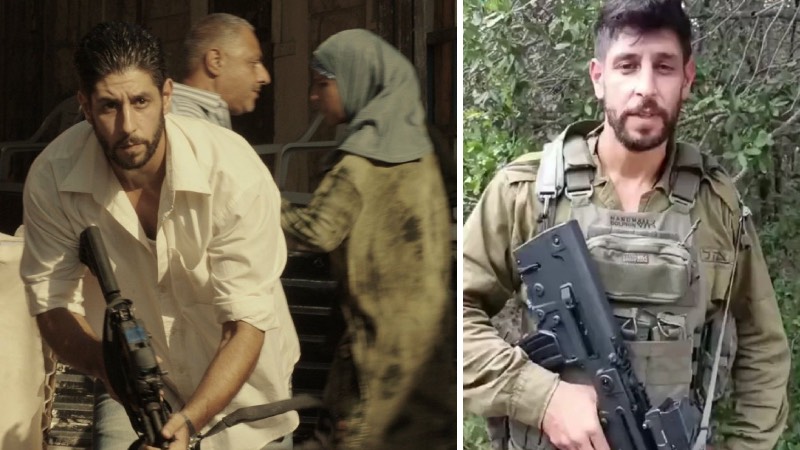
'Fauda' Star Idan Amedi Injured Fighting in Gaza
January 8, 2024Despite the severity of his injuries, Amedi's father assured Israeli news channels that his life is...
-
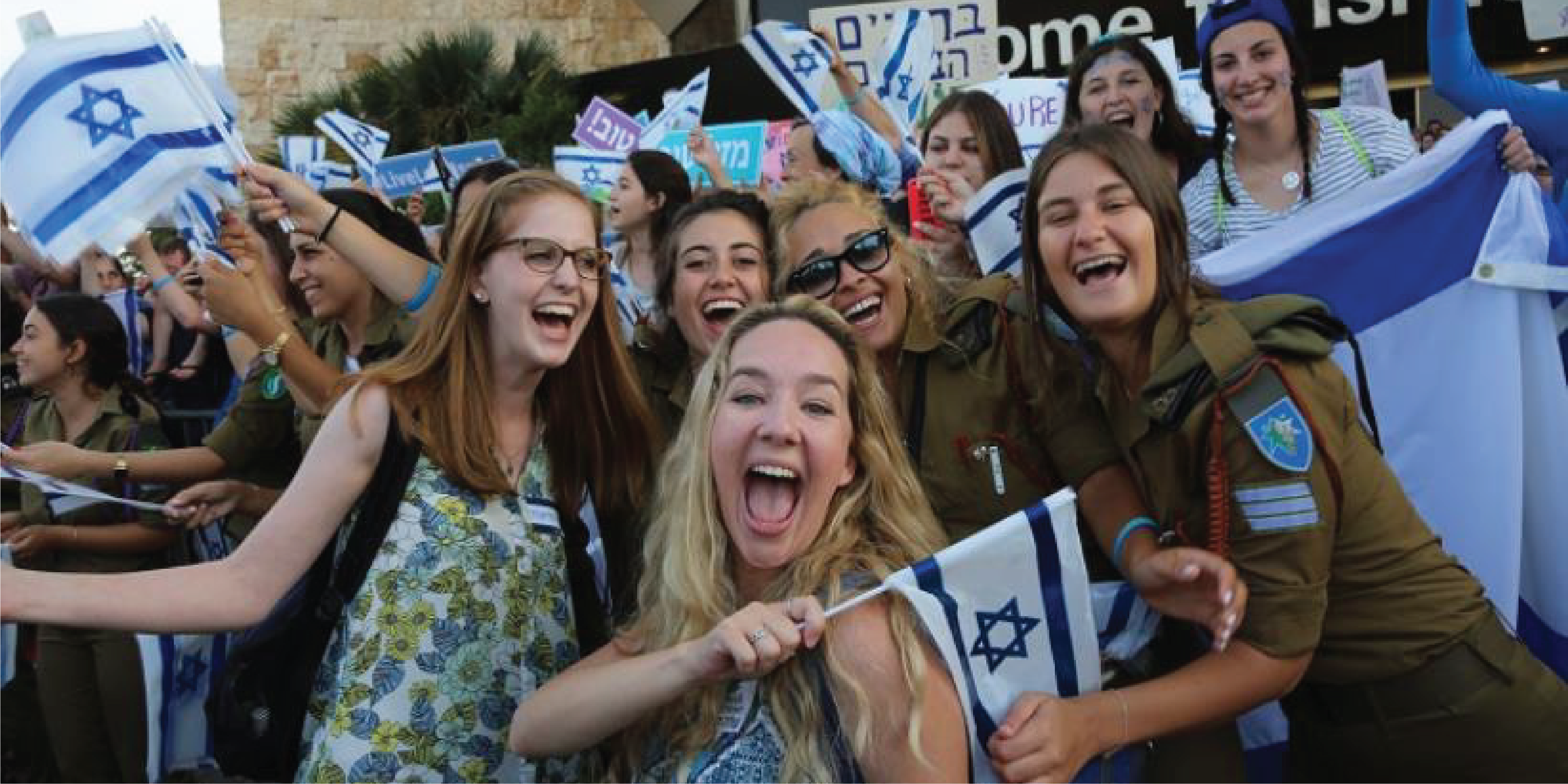
Israel Is A Great Country To Live In
December 28, 2023Nestled at the crossroads of the Middle East, Israel stands as a vibrant and dynamic nation, offeri...
-
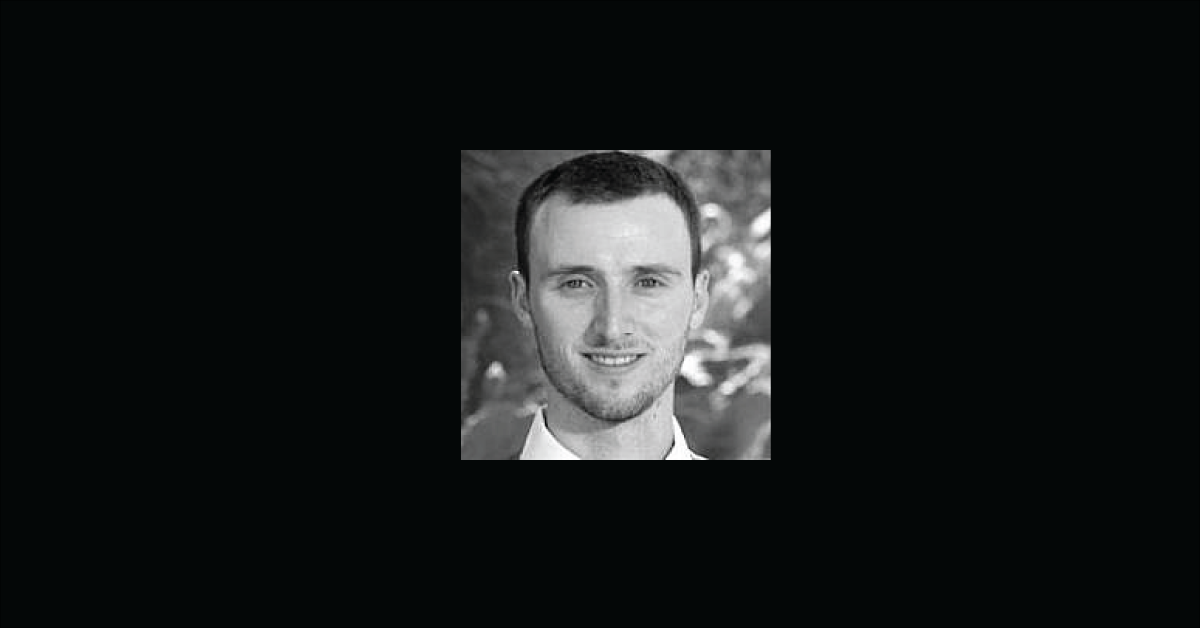
Dear World: I Don't Care
November 2, 2023By Avi Lewis I don’t care that you sympathize with Hamas I know you wouldn’t tolerate any of ...




















